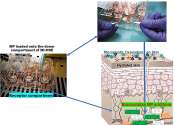Drivers of political violence in the United States
A researcher from The Pennsylvania State University published a commentary in the Journal of Public Policy and Marketing that examines four key contemporary "drivers" of political violence in the United States: "toxic" political ...







